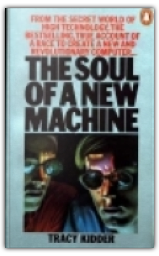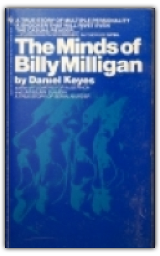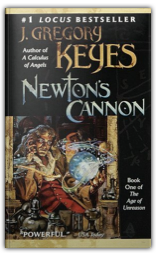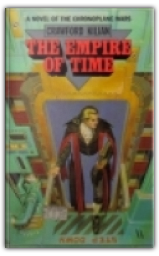 A Stranger's Eye: A Foreign Correspondent's View of Britain
Fergal Keane
A Stranger's Eye: A Foreign Correspondent's View of Britain
Fergal Keane
Fergal Keane's incisive television reporting, rightly ranking him as a distinguished foreign correspondent, hones his trademark short, sharp sentences that have penetrated the surface of events and circumstance around the world upon Britain in this, his latest venture, based upon a BBC series. He is a wonderful observer, offering not an overview but an underview of the state of the nation. Writing with a controlled passion, he treads the byways rather than highways, giving voice to marginalised men and women whose stoicism somehow sustains them as they stand stranded on the sidelines of the meritocracy march. Whether it is Glasgow shipyard workers fighting to save their jobs, farming communities in North Wales and Devon struggling to survive, or the dispossessed and degraded on a Leeds estate downtrodden by social depravation, Keane brings his integrity and warm humanity to the telling of unsung heroics and courage against the unfriendly forces of economics and environment. When his objectivity is allowed to slip by recalling his own childhood experiences around Dublin—he has chapters on Catholics and Protestants in a town in Ulster subverting entrenched sectarianism-it is not out of a personal sentimentality but a felt need to comprehend (for himself and therefore his readers) the pain and pride he encounters on his journey. Keane is no idealist, he carries no ideological baggage, but the incurable optimist in him believes that more should and could be done. —Michael Hatfield  The Soul of a New Machine
Tracy Kidder
The Soul of a New Machine
Tracy Kidder
The computer revolution brought with it new methods of getting work done—just look at today's news for reports of hard-driven, highly motivated young men and women developing software and online commerce who sacrifice evenings and weekends to meet impossible deadlines. Tracy Kidder got a preview of this world in the late 1970s when he observed the engineers of Data General design and build a new 32-bit minicomputer in just one year. His thoughtful, prescient book, The Soul of a New Machine, tells us stories of 35-year-old "veteran" engineers hiring new college graduates and encouraging them to work harder and faster on complex and difficult projects, exploiting the youngsters' ignorance of normal scheduling yet engendering a new kind of work ethic. |
 Made with Delicious Library
Made with Delicious Library
London, State zipflap congrotus delicious library Scott, Mike













